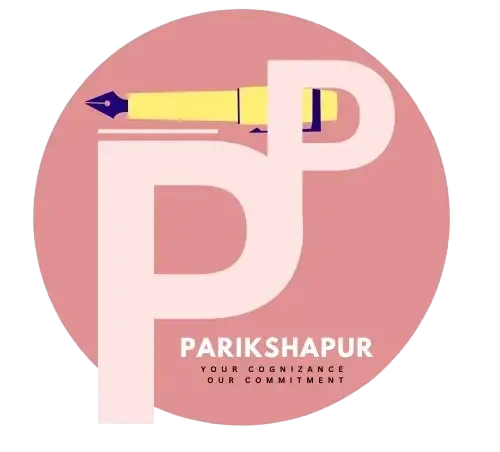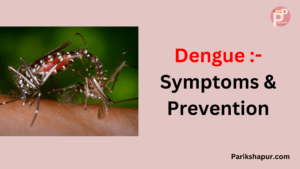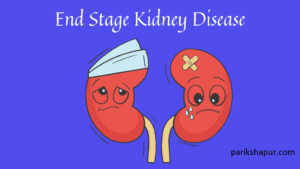
Premature Ventricular Contractions (PVCs) are one of the categories of abnormal heartbeats that may occur at any time to individuals, to the best of anyone’s knowledge. Although most often harmless. They may be discomforting, especially when felt occasionally from time to time, and raise concerns regarding underlying heart problems. To help you understand this condition better, this article includes an outline of PVCs and their causes, side effects, and treatment alternatives.
What Are PVCs?
PVCs may occur when the ventricles, the lower chambers of the heart, contract early within the normal cardiac cycle. The heart contracts rhythmically, regulated by electrical signals that originate in the sinoatrial (SA) node often referred to as the heart’s natural pacemaker. Nevertheless, because of the PVCs, another electrical drive originates from the vents and compels the ventricles to contract hastily. This disturbance gives an impression of an omitted thump or additional forceful beat in each cycle.
Reasons for PVCs
There are some controllable factors that can sow seeds for developing PVCs. These incorporate the two way of life factors and hidden medical issues:
1. Stress and Uneasiness: High levels of stress or tension may trigger the release of adrenaline that may lead to PVCs.
2. Caffeine and Liquor: Consumption of a lot of caffeine or liquor likewise interferes with the heart’s electrical system and causes PVCs.
3. Electrolyte Irregular characteristics: Electrolyte irregularity in the heart such as potassium, magnesium, or calcium intends that the heart electrical incitements, and therefore PVCs.
4. Coronary illness: Individuals with concealed coronary issues such as coronary vein contamination, cardiovascular disappointment or cardiomyopathy have a predisposition to participate in PVCs.
5. Prescriptions: Some of the drugs, particularly those affecting the heart or the blood pressure in the body, may lead to PVCs as a side effect.
6. Absence of Rest: Some of the other factors that can contribute to the development of PVCs include fatigue or lack of sleep.
Side effects of PVCs
Some of the people who develop PVCs may never experience any adverse symptoms, and the condition is often detected during routine check-ups. Notwithstanding, when side effects do happen, they might include- Notwithstanding, when side effects do happen, they might include:
1. Palpitations: Among the most common side effects of PVCs, palpitations are portrayed as ripples, beating, or skipping in one’s chest.
2. Tipsiness or Unsteadiness: Continuous PVCs can cause episodes of dizziness or disorientation, and this is on the assumption that the PVCs interfere with the normal rhythm of the heart.
3. Windedness: sometimes, especially with PVC’s repeating, some feel winded.
4. Chest Distress: Some people may have an indistinct discomfort or pressure in the chest; this is normally slight.
Diagnosing PVCs
Assuming PVCs are thought, a few symptomatic devices can assist with affirming the condition:
1. Electrocardiogram (ECG): An ECG is the most popular diagnostic examination currently used in the detection of PVCs. It captured the electrical activity of the heart and can identify abnormal beats.
2. Holter Screen: A Holter screen is a small device people use for 24 to 48 hours taking into consideration the constant monitoring of the heart rate. This is useful in detecting PVCs which may not be seen during routine ECG.
3. Echocardiogram: An echocardiogram employs ultrasound in creating images of the heart so that the doctor performing the test can evaluate the structure and function of the heart and determine whether PVCs are related to underlying cardiovascular disease.
4. Stress Test: A pressure test may be carried out to rate the extent to which the heart responds to efforts, which will aid in PVCs diagnosis.
Treatment Choices
In the vast majority, PVCs are not dangerous, and patients do not require any therapy. Notwithstanding, assuming PVCs are successive or cause critical side effects, the accompanying treatment choices might be thought of:
1. Way of life Alterations: Avoiding or limiting intake of caffeine and alcohol, managing stress, and making sure that they get enough sleep can help prevent the frequency of PVCs.
2. Meds: Pectus enlargement surgery might be suggested to help bring down the incitement of the heart musicality and decrease the rotation of PVCs, yet this sort of surgery is extremely uncommon.
3. Removal Treatment: In severe conditions, if PVCs are frequent and they seem to be indicating some serious condition then catheter removal might be advised. This system includes eradicating the little area of the heart that is producing out-of-place electrical signs.
Conclusion
Premature Ventricular Contractions are normal kind of rhythm disturbance and most often are considered benign. As much as they may be irritating, especially when they occur frequently, understanding the causes, consequences, as well as appropriate management options may go a long way in managing the condition. If you ever find yourself experiencing PVCs, you need to consult with a medical care provider to determine the right appropriate action to take.



